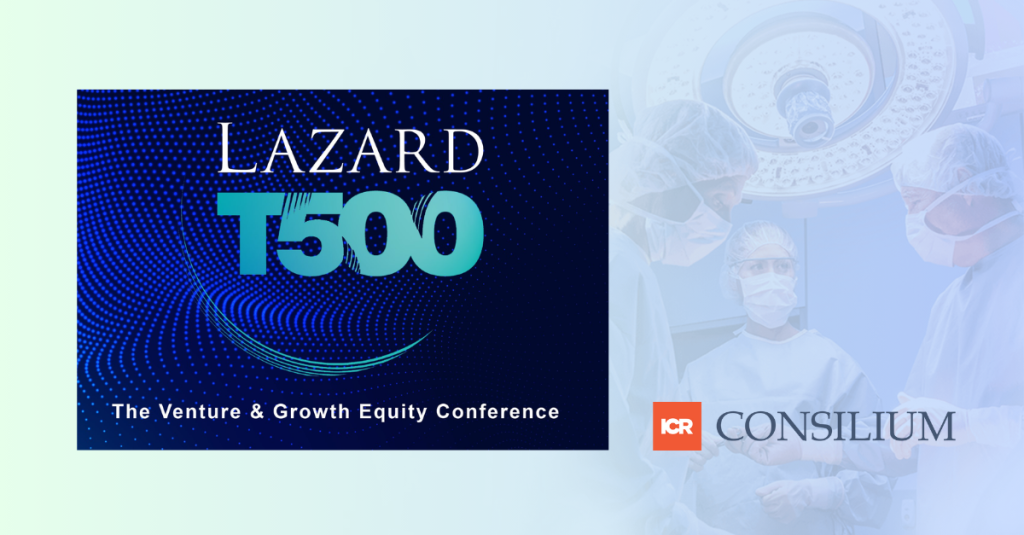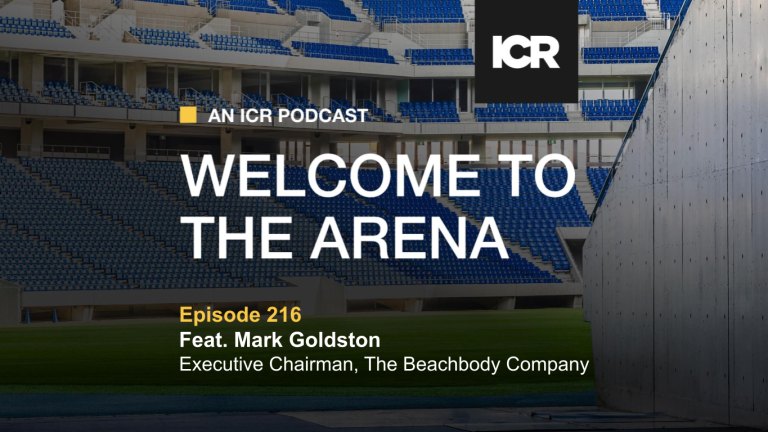
Lazard’s T500 conference, held in London from May 7-9, has become a key talking shop for Europe’s venture and scale-up ecosystem, bringing together venture-backed companies from healthcare, tech and fintech to meet investors and advisers.
On the first sunny day after the wettest spring in London for years, entrepreneurs and financiers stood blinking on the sun-drenched terrace just around the corner from the Savoy Hotel overlooking the Thames, clutching coffee and the mood was palpably upbeat.
Europe’s venture-backed ecosystem has exploded in the past decade. Some of the companies which ten years ago were scrappy start-ups are now significant-sized. But hanging over the event was the frustration that Europe’s moribund equity markets are making public realizations for venture and private equity investors difficult.
One of the most interesting of the sessions at the event was a fireside chat between Sir Nigel Wilson, until recently CEO of Legal & General, one of the UK’s largest asset management and insurance firms (and a powerhouse in UK equity investment) and Saul Klein, a prominent venture capitalist. Representing two different models of investment, the traditional listed capital markets on the one hand and a new breed of venture investment on the other, Wilson and Klein’s discussion provided a flashpoint for a debate which is exercising the European investment community: why are European equity markets not providing a fertile environment to support the start-ups and scale-ups of the future?
European healthcare is a perfect example of this. It’s long been acknowledged that the science emerging from the continent is world-class, fueled by excellent universities and with a long cultural heritage in scientific discovery. But for decades, a small handful of the companies which have grown out of that scientific ferment have grown to be commercially successful. Most science-based startups head for NASDAQ or are acquired. A succession of economic challenges and government missteps, including the COVID-19 pandemic, Brexit and mishandling of pensions reform, have exacerbated this problem.
Many growth industries have struggled to find investors with both the long-term outlook and sophistication needed to power their growth and the major economies of Europe are missing out as a result, with high-growth companies largely choosing to list in the US.
Saul Klein talked of what he called “New Palo Alto”, a zone containing scores of high-growth unicorns bounded by London, Amsterdam and Brussels which he believes can stand shoulder to shoulder with the biotech clusters in Boston or the West Coast. But lamented that most of these could not envisage growing to significant scale on European exchanges. He noted that several of the investments made by his firm, Phoenix Court, have grown to be very significant companies by bypassing European equity markets. Sir Nigel Wilson acknowledged the challenge, which he attributed largely to European equity investors’ tendency to use short-term risk calculation models when valuing possible investments.
Sir Nigel is one of the signatories to the so-called “Mansion House” agreement, a UK-government backed initiative to channel the savings of UK pension investors into unlisted growth companies. He and others believe that this initiative, alongside others taken by the UK government, are changing the culture of investment and that change will filter through to a more supportive environment. He believes European investors now accept that they are missing out on the value creation from growing industries such as healthcare through a short-term approach, and that the investment community is now laying the foundations for healthy growth.
It hasn’t escaped the attention of European policymakers either that many of Europe’s most exciting science-based businesses, among them GW Pharma, Novo Nordisk, BioNTech and Immunocore have drifted towards NASDAQ. The European commission has been discussing plans for what it calls a “Capital Markets Union” for nearly a decade, and a summit in April sought to revive the idea of creating a common European exchange.
If European exchanges can address their tendency of short-term thinking, there is a vast wealth of untapped opportunity and optimism to be unleashed. Nowhere was this more apparent than at this meeting in London, with entrepreneurs from the new frontiers of science, technology and finance rubbing shoulders and putting the world to rights. And if the buzz of the Lazard T500 is any reliable bellwether, the tide may be turning.
ICR Consilium’s clients are supporting scientific innovators from more than 20 countries, the UK being one of them, in sharpening their investment story. If you are interested in communicating well or need expert coaching on conveying a clear investment case, please contact me at hodgson@consilium-comms.com



